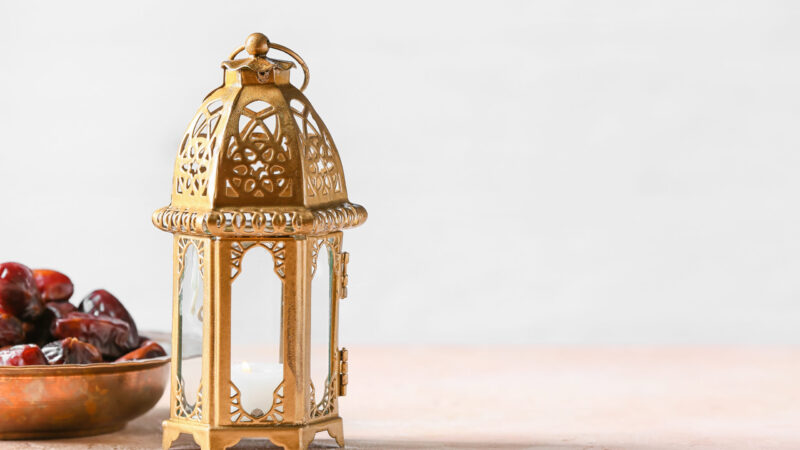
In 2024, Ramadan will take place between the evening of 10 March and end on the evening of Tuesday 9 April, followed by the celebration of Eid Al-Fitr.
The practice of fasting is an important part of Ramadan. This involves the complete abstinence from food, drink and smoking between dawn and sunset over the month. It’s also a time for self-reflection and evaluation.
Supporting you to have a healthy Ramadan
Do you take prescribed medicines?
Remember to continue to take prescribed medicines during Ramadan, but do check with your GP if the doses need to be adjusted or the times you take them changed.
Do you have diabetes?
If you have diabetes and want to fast you should speak to your GP or diabetes nurse about the safest way to do this. There is an exemption for people with diabetes, especially if for those on insulin or who have any medical complications.
Should you fast if you’re pregnant or breastfeeding?
While most Muslims over the age of 14 will fast, if you are pregnant or breastfeeding you are not expected to, although you can if you wish.
If you do decide to fast, it’s important to make sure that you hydrate well by drinking lots of water when you are permitted to eat and drink. Also make sure you eat foods that will release carbs slowly, like brown bread and rice, to fill you up for longer.
For more information speak to your GP or midwife.
Attending medical appointments
If you have a medical appointment booked during Ramadan, it is very important that you attend. If you need to adjust the time of your appointment, please contact the relevant healthcare organisation to do so.
It’s important to remember that there are several exemptions allowed to fasting. Those with increased risk of contracting Covid-19 should consider alternative options. These include those who are unwell due to conditions including diabetes, blood pressure, heart disease, lung disease, or those who are on medication, pregnant or elderly.
What to do if you become unwell while fasting
The British Islamic Medical Association advises that if you become unwell during Ramadan, you should stop fasting and seek medical advice. You can do this by visiting 111.nhs.uk or your GP practice’s website or if you don’t have access to the internet, by calling 111 or your practice directly.
Eid Al-Fitr
The month will end with the celebration of Eid Al-Fitr which is due to be marked on Saturday 22 April, subject to the sighting of the new moon. It’s traditionally a celebration involving meals, parties, and visiting family and friends and attending special prayers in mosques.
Further resources
Advice for people with diabetes on how to stay healthy during Ramadan can be found on the Diabetes UK website. There are also factsheets available in several different languages.
FREE online course to support you to stay healthy and manage your diabetes safely during Ramadan
If you’re living with type 1 or type 2 diabetes and plan to fast during the holy month of Ramadan, this free online course will help you to prepare and support you to stay healthy and manage your diabetes safely during this time.
